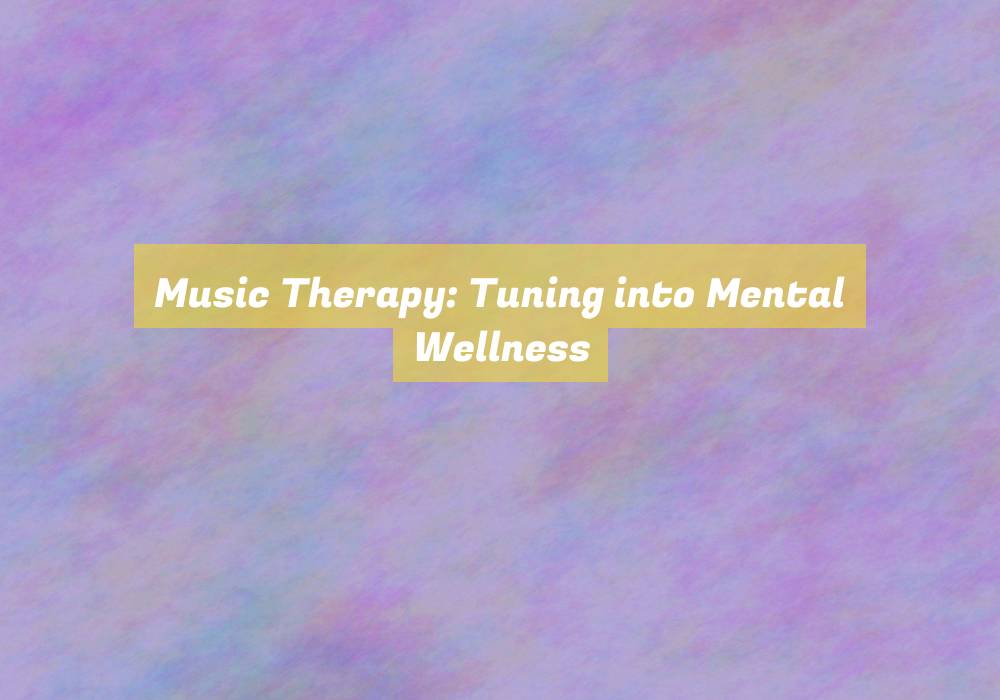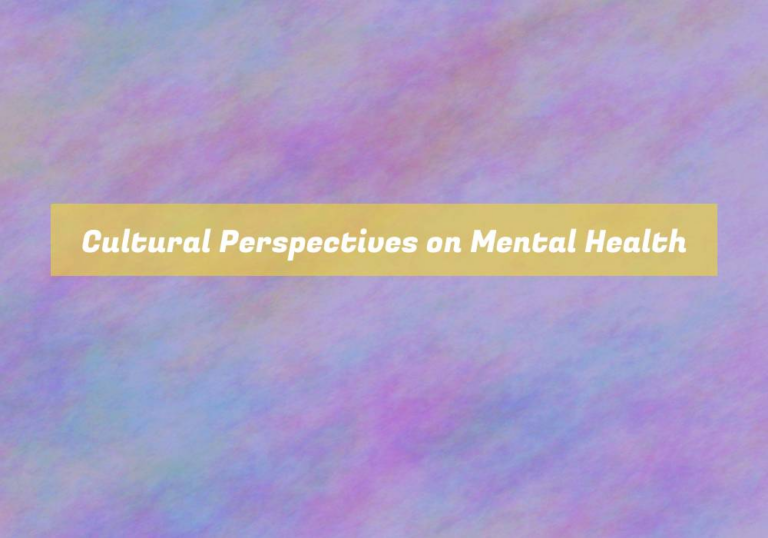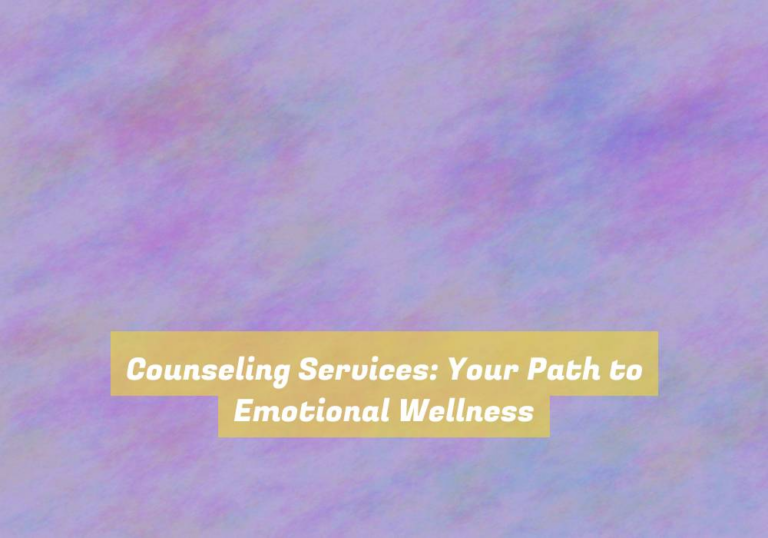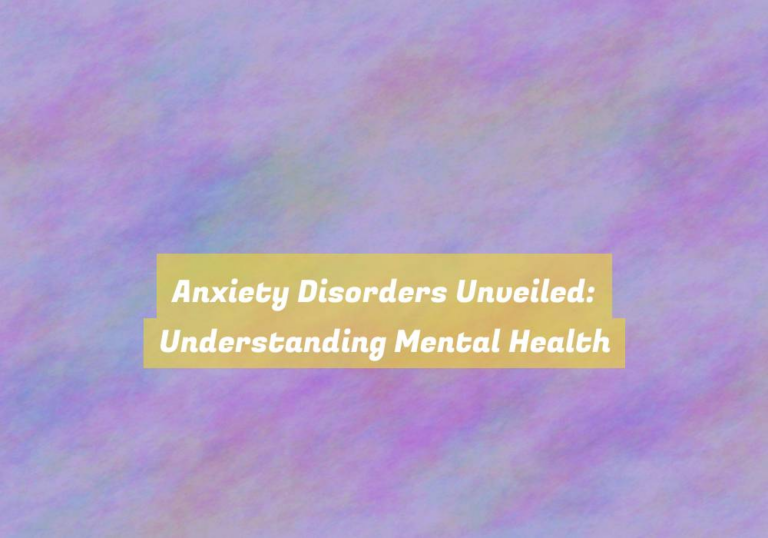Music Therapy: Tuning into Mental Wellness
Imagine being in a crowded, noisy place with a pounding headache, and then you hear a soothing melody that seems to instantly ease your discomfort. Music has a profound impact on our emotions and well-being, and itG??s not just a subjective feeling G?? thereG??s real science behind it.
Whether youG??ve always been drawn to music or youG??re simply curious about its therapeutic potential, exploring the world of music therapy can open up a new perspective on mental wellness.
The Science Behind Music Therapy
Understanding the neuroscientific basis of music therapy can provide valuable insights into its effectiveness in promoting mental wellness. When you listen to music, your brain processes it in various regions, including the auditory cortex, which decodes the sound, and the limbic system, which regulates emotions.
Music has the power to stimulate the release of neurotransmitters such as dopamine and serotonin, which are associated with pleasure and mood regulation. This means that when you engage in music therapy, whether by listening, creating, or moving to music, it can directly impact your brain chemistry, influencing your emotional state and overall well-being.
Moreover, research has shown that music therapy can modulate the brainG??s stress response by lowering cortisol levels and reducing anxiety. It can also enhance cognitive functions, such as attention and memory, by engaging different neural networks.
Understanding these neuroscientific mechanisms provides a solid foundation for the use of music therapy as a tool for mental wellness. ItG??s not just a subjective experience; itG??s rooted in the tangible effects music has on the brain, making it a compelling and evidence-based approach to promoting mental health.
Benefits of Music Therapy
As you explore the benefits of music therapy, youG??ll discover how it directly influences mental wellness through its impact on brain chemistry and stress response modulation. Music therapy has been shown to boost the production of dopamine, a neurotransmitter associated with pleasure and reward, which can help uplift mood and alleviate symptoms of depression and anxiety. Additionally, engaging with music can reduce the levels of cortisol, the stress hormone, in your body, leading to a calmer and more relaxed state of mind.
Furthermore, music therapy can enhance cognitive function, including memory and attention. This is particularly beneficial for individuals dealing with cognitive impairments, such as those with dementia or traumatic brain injuries. The rhythmic and repetitive elements of music can also aid in physical rehabilitation, improving motor skills and coordination.
Moreover, music therapy provides a creative outlet for emotional expression, allowing you to process and communicate complex feelings that may be challenging to articulate verbally. This can be especially advantageous for individuals experiencing trauma or struggling with emotional regulation.
Techniques and Approaches in Music Therapy
To effectively implement music therapy, itG??s important to understand the various techniques and approaches used in this form of therapy.
One common technique is active music-making, where the therapist and client engage in creating music together. This can involve playing instruments, singing, or improvising melodies, allowing for self-expression and emotional release.
Another approach is receptive music listening, where the client listens to carefully selected music to evoke specific emotional responses or promote relaxation. This can be accompanied by guided imagery to enhance the therapeutic experience.
Songwriting is also a powerful technique in music therapy, allowing clients to express their thoughts and emotions through lyrics and melodies. It provides a creative outlet for processing feelings and experiences.
Additionally, music-assisted relaxation techniques, such as rhythmic breathing exercises synchronized with music, are used to reduce anxiety and promote a sense of calm.
Furthermore, group music therapy sessions encourage social interaction and support, fostering a sense of community and belonging.
These techniques and approaches in music therapy are tailored to meet the unique needs of each individual, providing a holistic approach to mental wellness.
Integrating Music Therapy Into Daily Life
After familiarizing yourself with the various techniques and approaches used in music therapy, now letG??s explore practical ways to integrate music therapy into your daily life for mental wellness.
Start your day with uplifting music that energizes you. Create a playlist of your favorite songs and listen to it while getting ready in the morning.
Use calming music during stressful times, such as traffic jams or busy commutes. Take a break during the day and listen to music that resonates with your emotions, allowing yourself to feel and process them.
Incorporate music into your workout routine to boost motivation and endurance. If youG??re feeling anxious or overwhelmed, try deep breathing exercises while listening to soothing music.
Wind down in the evening with relaxing melodies to help prepare your mind and body for restful sleep. Consider learning to play an instrument as a hobby, which can be a rewarding form of self-expression and stress relief.
Conclusion
In conclusion, music therapy offers a scientifically proven way to improve mental wellness. Its benefits, such as reducing stress and anxiety, boosting mood, and enhancing cognitive function, make it a valuable tool for daily life.
By integrating music therapy into your routine, you can experience the healing power of music and improve your overall mental health.
So, why not tune into music therapy and start reaping its many rewards today?







I really resonate with your description of music easing discomfort in a crowded space. It’s interesting how certain melodies can transport us to a different emotional state or even evoke memories. I’ve experienced this firsthand; I often turn to my favorite playlists during stressful workdays, and it genuinely shifts my mood.
It’s really amazing how music can act like a magic wand, isn’t it? I love how you mentioned your favorite playlists during stressful workdays. There’s something uniquely personal about curating those soundscapes; they become a sort of emotional toolkit, ready to shift our mood when we need it the most.